
India is commemorating 75 years of Independence. Over the years, India has grown to become a steadily growing economy with several major milestones. Industries have diversified and the country has been converging with the world to develop a significant presence in the global economy. The meaning of freedom, too, has evolved as, along with the fundamental freedoms, Indians today also aspire for financial freedom.
India had been making good progress towards equitable development and inclusive financial freedom through various government and private initiatives, but the pandemic threw a wrench into the financial inclusion mission and brought several weighty inadequacies to the fore. India emerged as a leader in technological adoption and fintech innovations during the pandemic, but this development was not visible in rural areas as they struggled more than the urban population.
The lack of sustainable local employment and basic banking operations in a cash-driven rural economy had been driving up the number of rural youth migrating to urban areas in search for better employment opportunities, proving to be a hurdle for India’s overall equitable growth. And as migrant workers left their cities of employment in hordes due to the COVID-19 induced lockdown, the need to tap the considerable unearthed potential for fintech and other technological products moulded around the specific needs of rural India became imminent.
It is an undeniable fact that in order to achieve inclusive development, financial inclusion of all citizens needs to be a high priority as we enter the 75th year of Independence. The government’s vision is aligned with this priority as can be seen in the launch of e-RUPI that combines technology and financial inclusion to create a seamless way of transferring benefits to the end users without middlemen, ensuring a cash-free and leak-proof process.
Similarly, technology integration into rural banking and agriculture can provide reliable employment, livelihood and entrepreneurial support that brings rural India into the folds of financial freedom too.
Building rural entrepreneurs with financial inclusion
The fintech industry can play a significant role in fostering rural entrepreneurship by leading the transformation of rural finance. Banking correspondents are already reaping the benefits of financial freedom afforded by self-reliance as, when on boarded by the rural fintech players, they are provided with more avenues to earn a livelihood.
The effectiveness of digitization can be seen with the success of Aadhaar enabled Payment System (AePS) and micro-ATMs that have given rural entrepreneurs easy access to finances that are essential for growth and success. AePS transaction value nearly doubled in January 2021 as compared to the previous year, a push that can be credited to its popularity in rural areas, especially during the pandemic. AePS owes its rural popularity to the ease with which it provides basic banking transactions to the largely underserved population, along with it enabling direct benefit transfers and sustenance pay-outs to beneficiaries through local banking correspondents. Banking correspondents are often also armed with micro-ATMs that enable their localities to gain easy access to their own hard-earned money, a crucial service in unbanked and underbanked cash-driven rural economy.
Till now, barring a few players, the fintech industry has fallen short on delivering last-mile financial inclusion and connectivity. Finance for rural entrepreneurs needs to be flexible, affordable and small in ticket size – characteristics rigid formal banking channels are unable to cater to but rural fintechs can study and address. The rural-focused fintech players should innovate solutions that expand the reach of microfinance to small enterprises and entrepreneurial youth.
Microfinance benefits rural women as they largely do not have the privilege of going to formal banking institutions and availing their services. Rural women have also been found to prefer financial services provided by the local banking correspondent network due to the familiarity.
Access to finance opens the doors to entrepreneurial pursuits for the rural youth, especially rural women, as they can build enterprises with the help of microfinance tools and lift up communities by providing employment, creating livelihoods and enabling them to realise financial freedom.
Tailor-made inclusive technology
Digital technologies have tremendous potential in India and business leaders can leverage this potential to bring resilience to rural economies during, and post, the pandemic.
Along with agriculture and banking, there are several other unorganised sectors, such as the rural travel sector, that can benefit from the technological solutions built with a rural focus. These solutions can bring about comprehensive development in the rural economy by providing employment, livelihoods and financial freedom as well as the necessary services like assistive travel bookings. If the expansion of technologies is tailor-made to rural India, the rural youth will harness their benefits, foster productivity and economic growth, create livelihoods and attain financial freedom without having to migrate away from their homes.
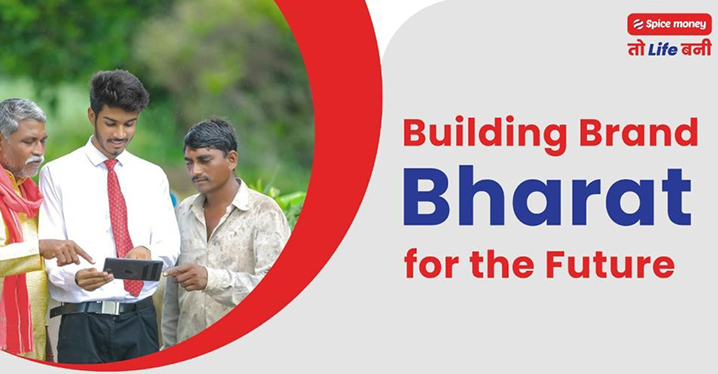


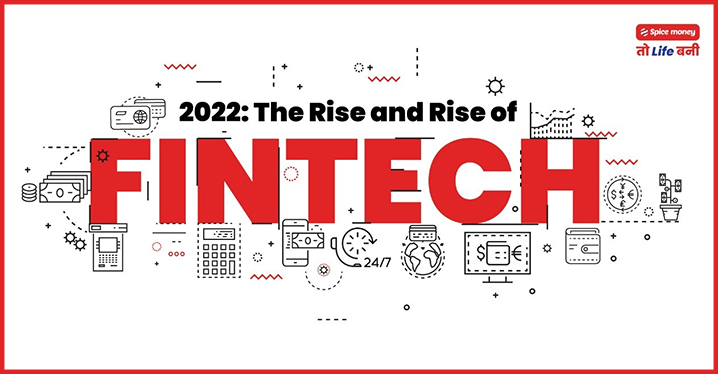


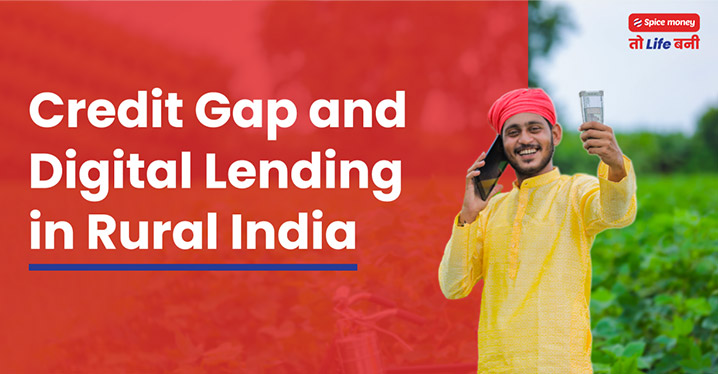
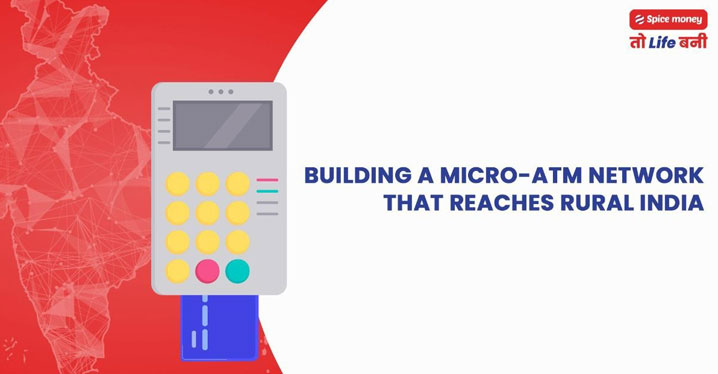




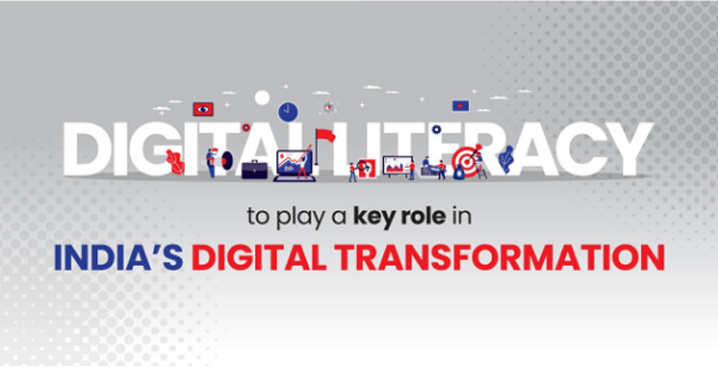

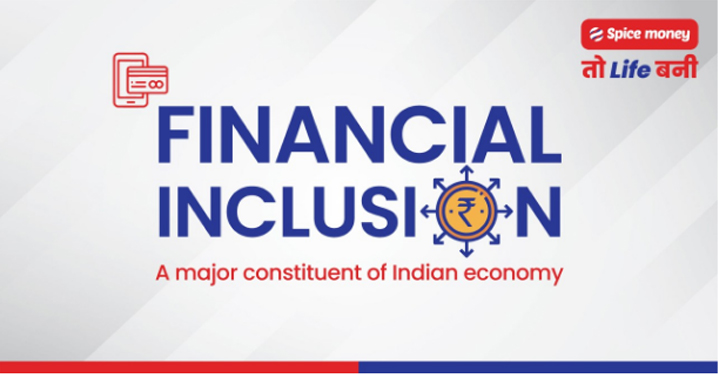









Comment (6)
Gobinda bhatra
Commented on September 18, 2021Id
Ranjan kumar
Commented on October 5, 2021Open spice money
ROHiT kumar
Commented on December 20, 2021Hii
Monali hajare
Commented on January 12, 2022449605
lrpyFviX
Commented on July 7, 2022489530
yfyhq9bp54ytoc0pmv1cf9g3ugnme3ex4eu3
Commented on July 7, 2022u0efbpw5qkj99sl57bms0p1jfw82zjzdpufj